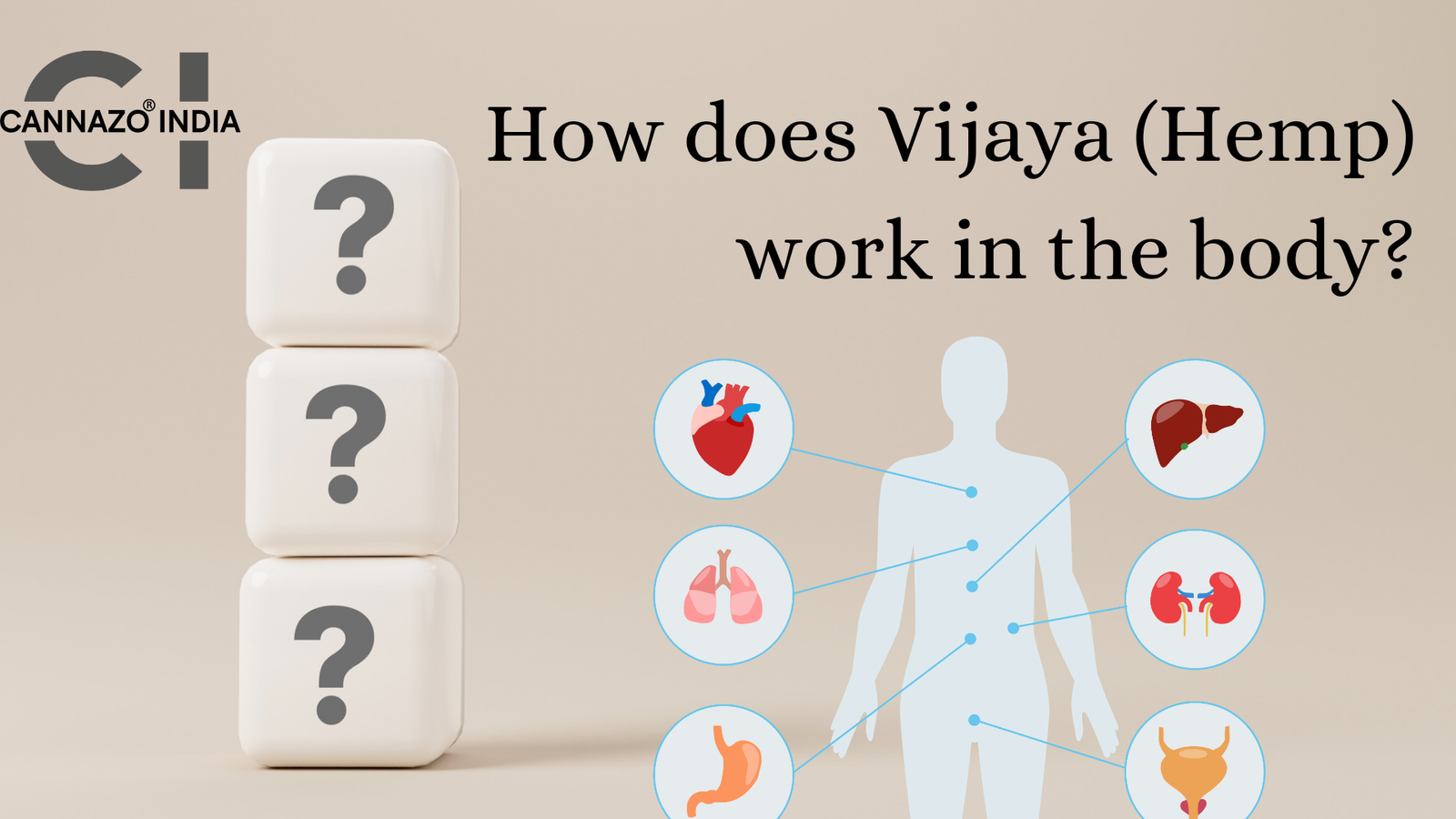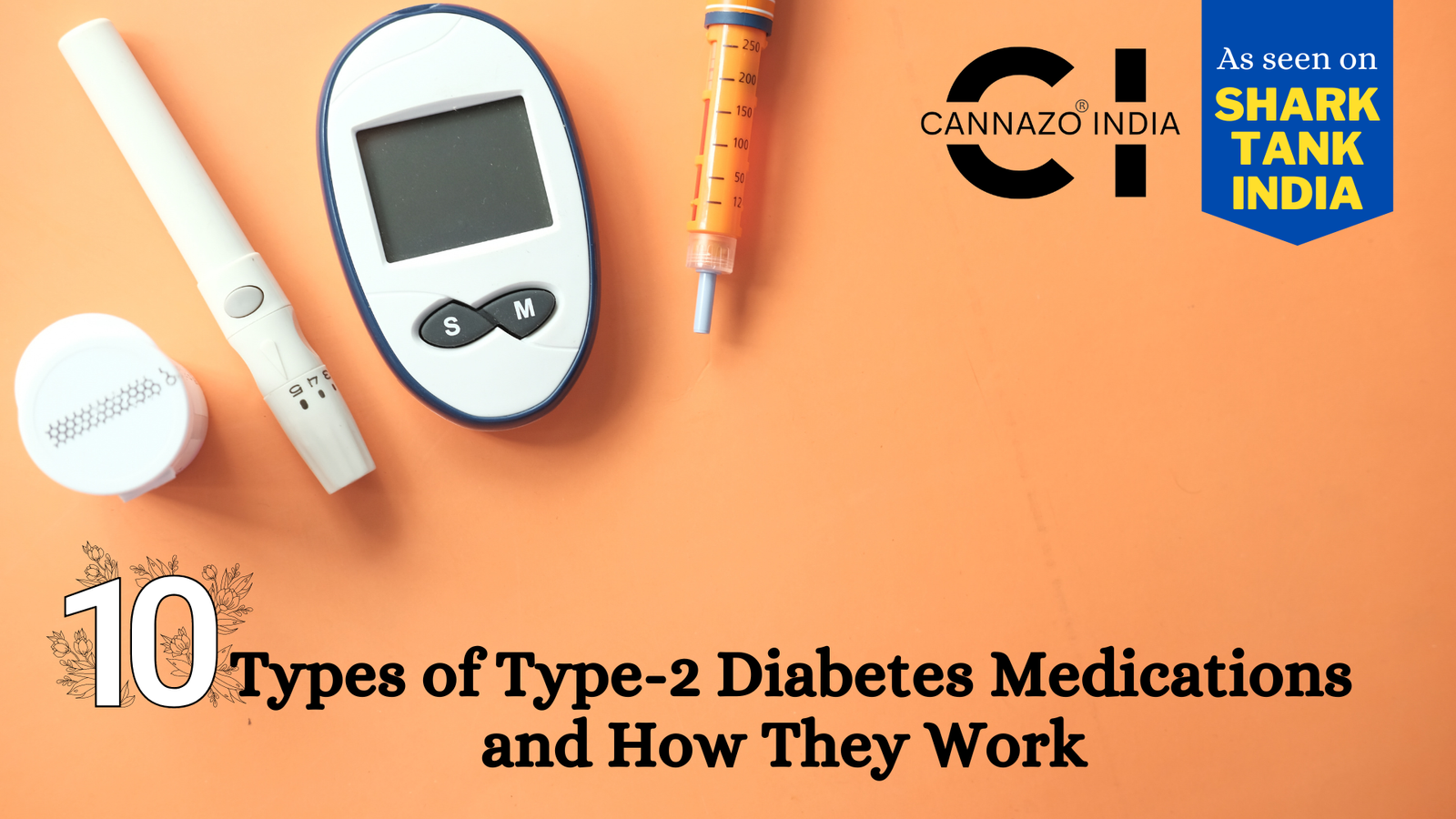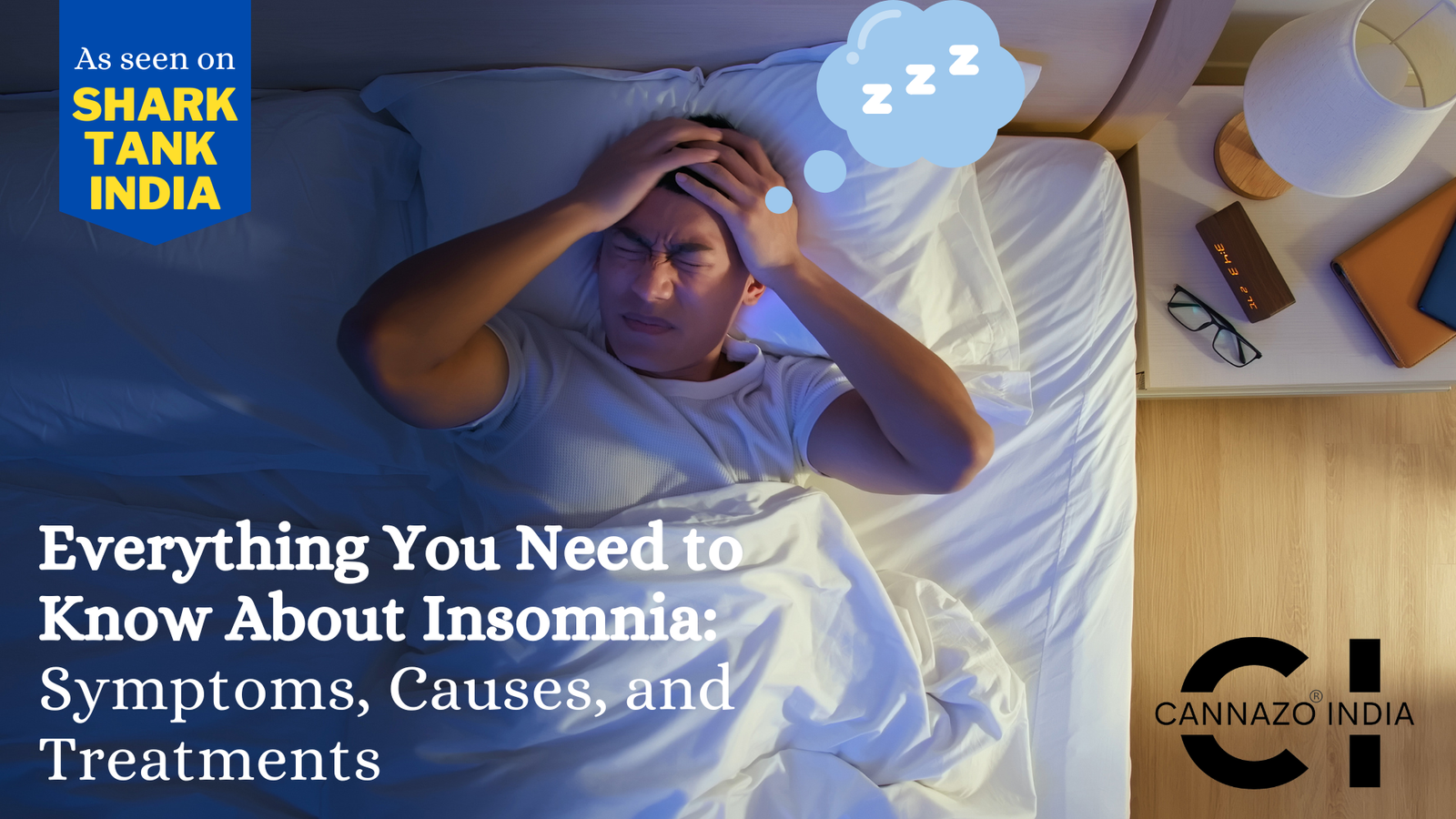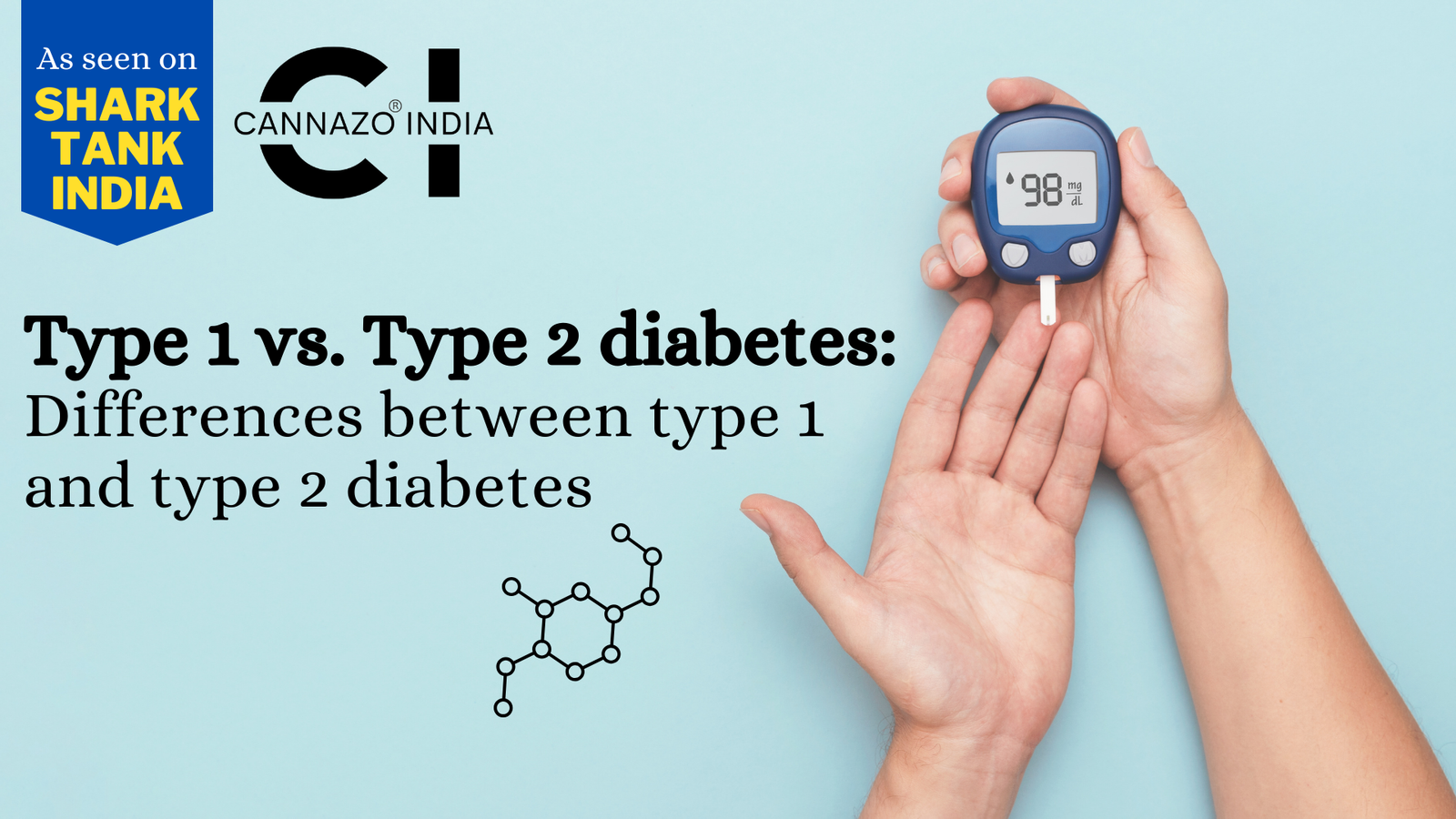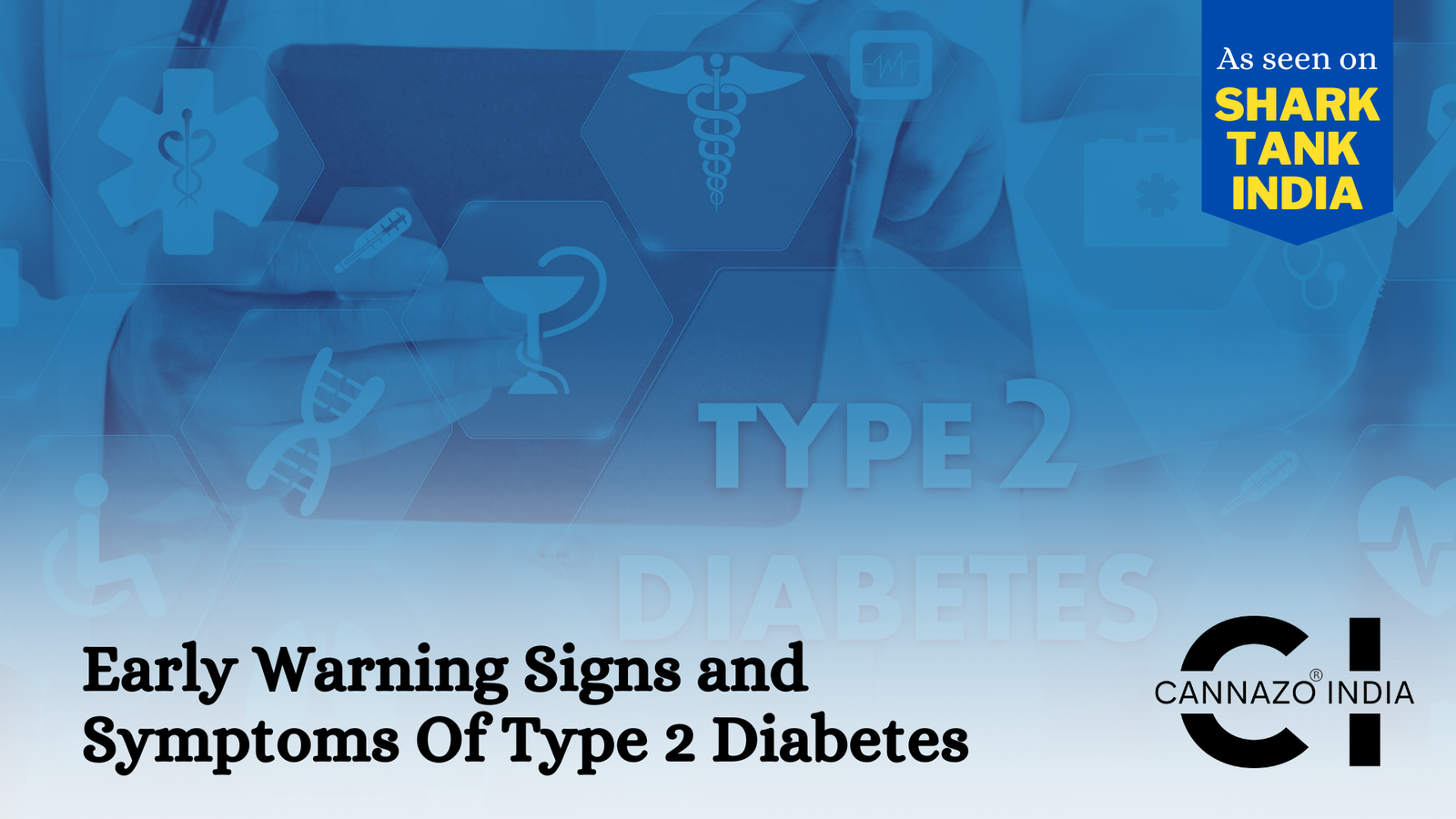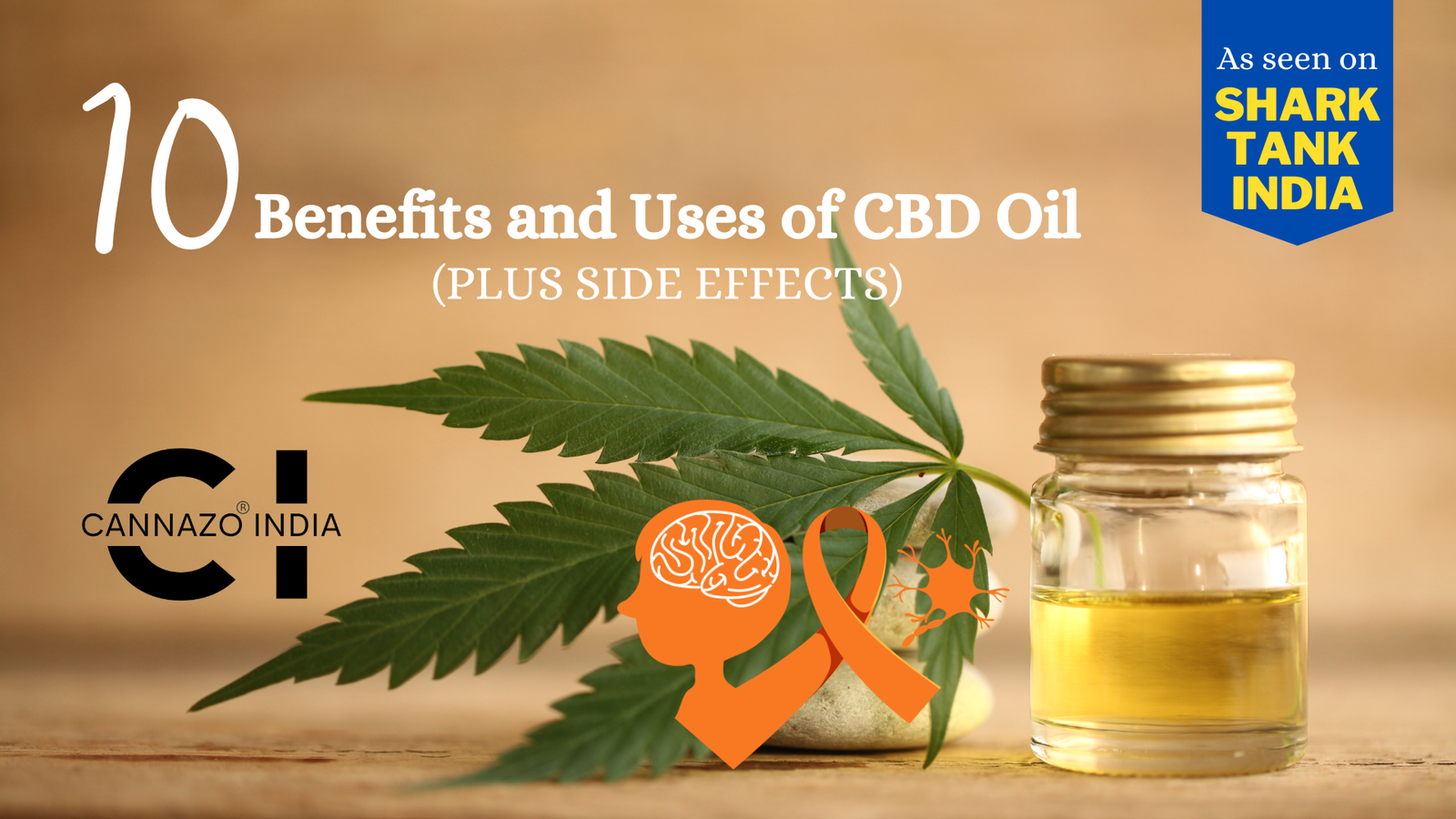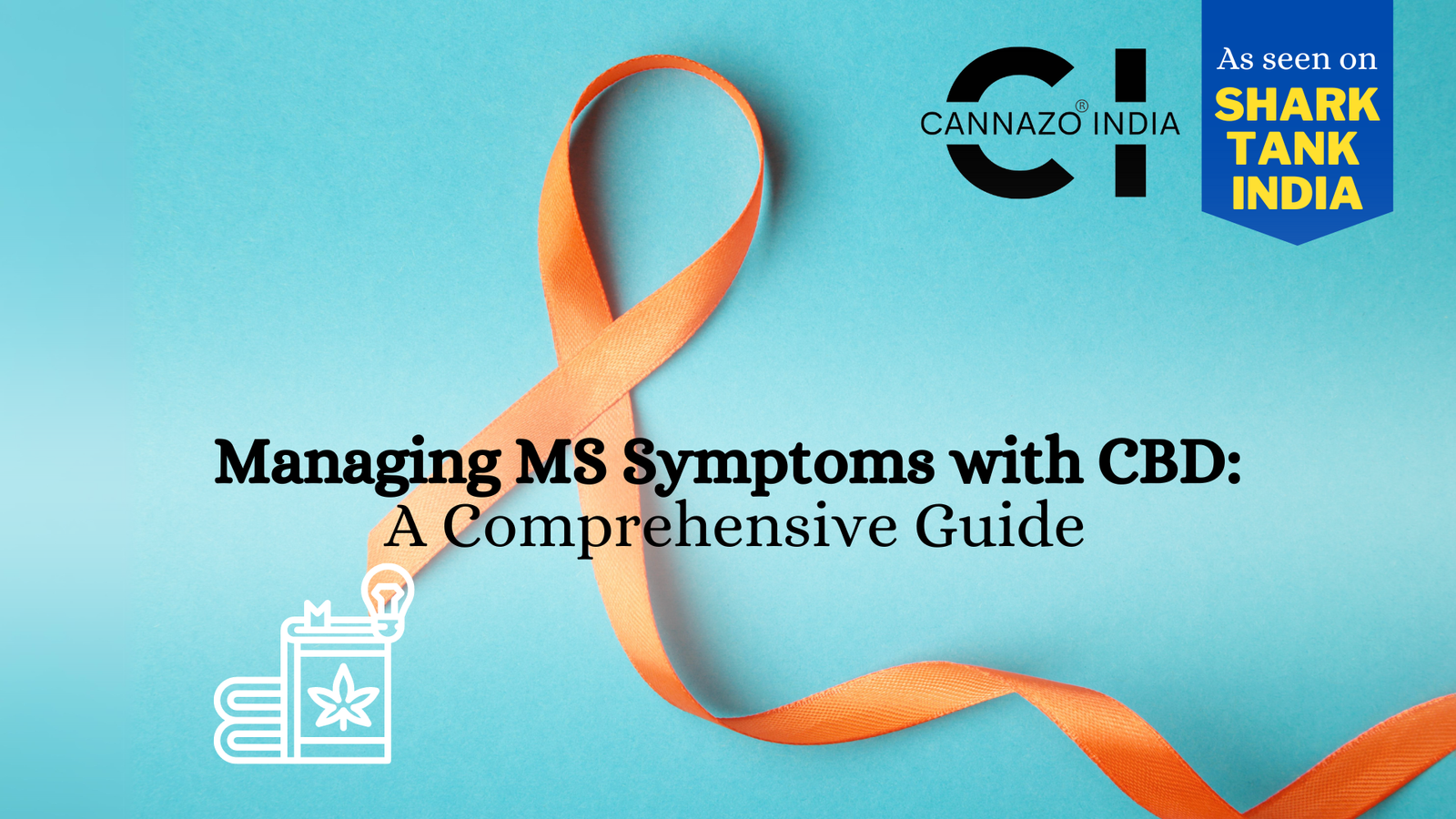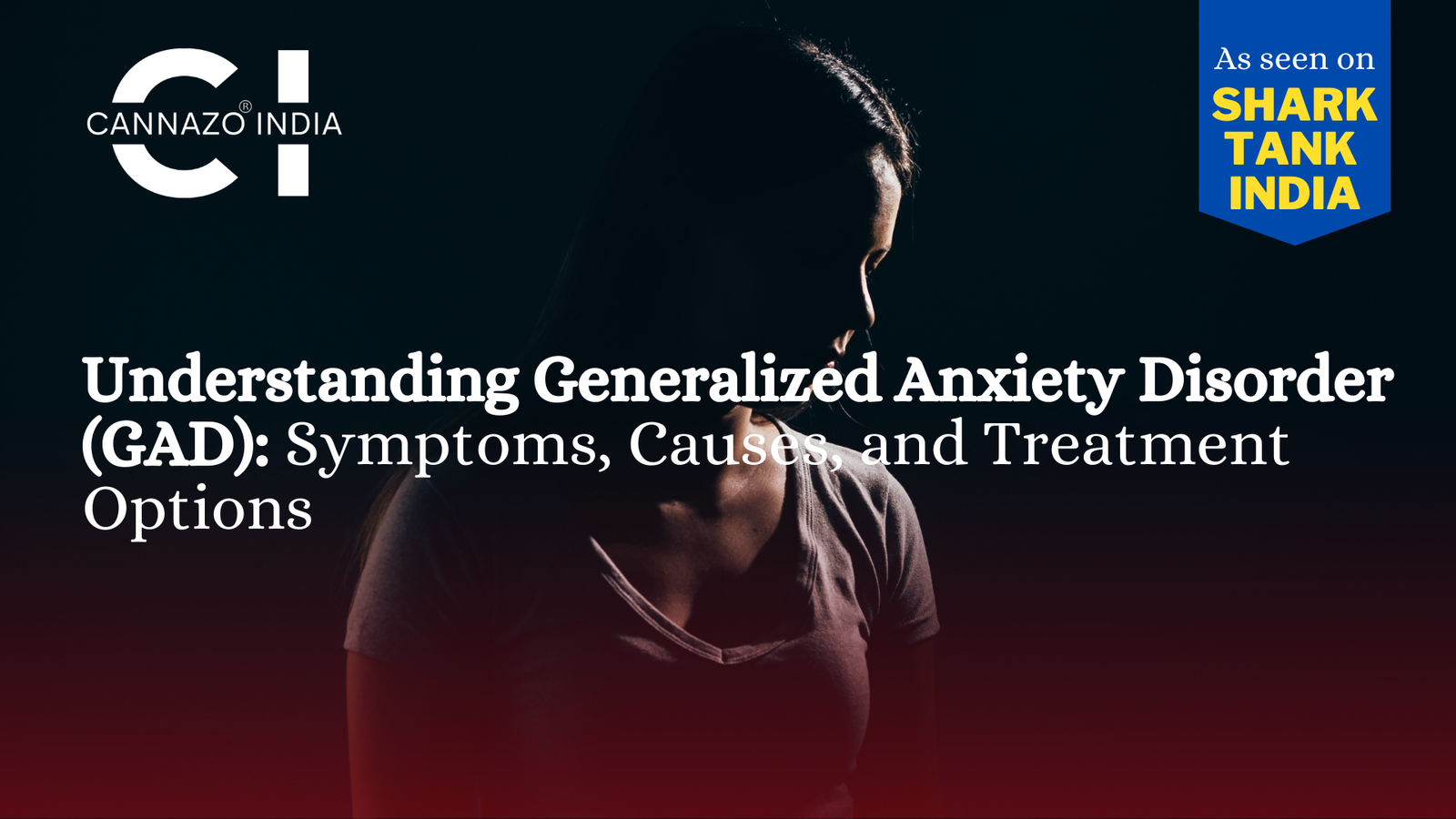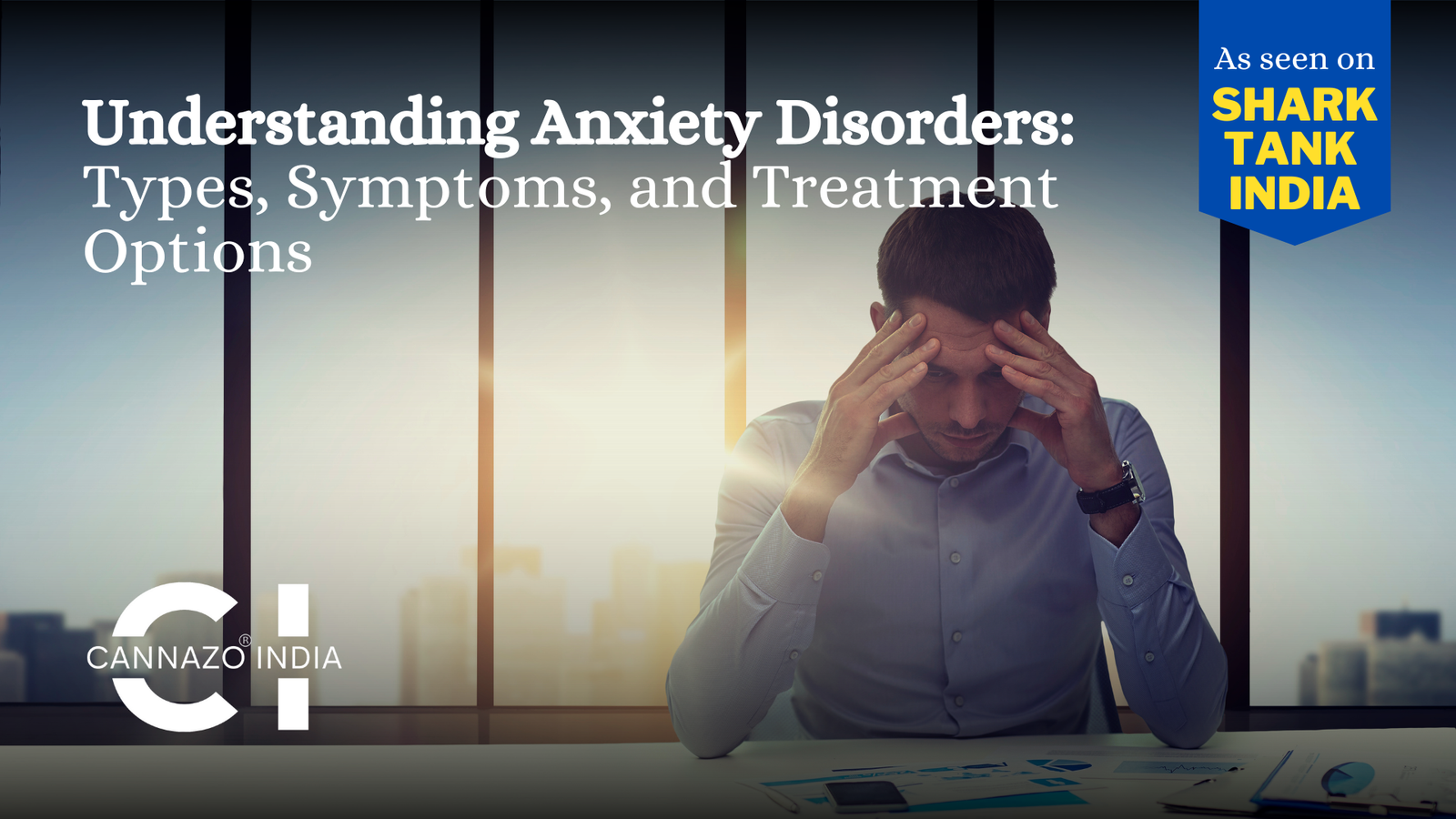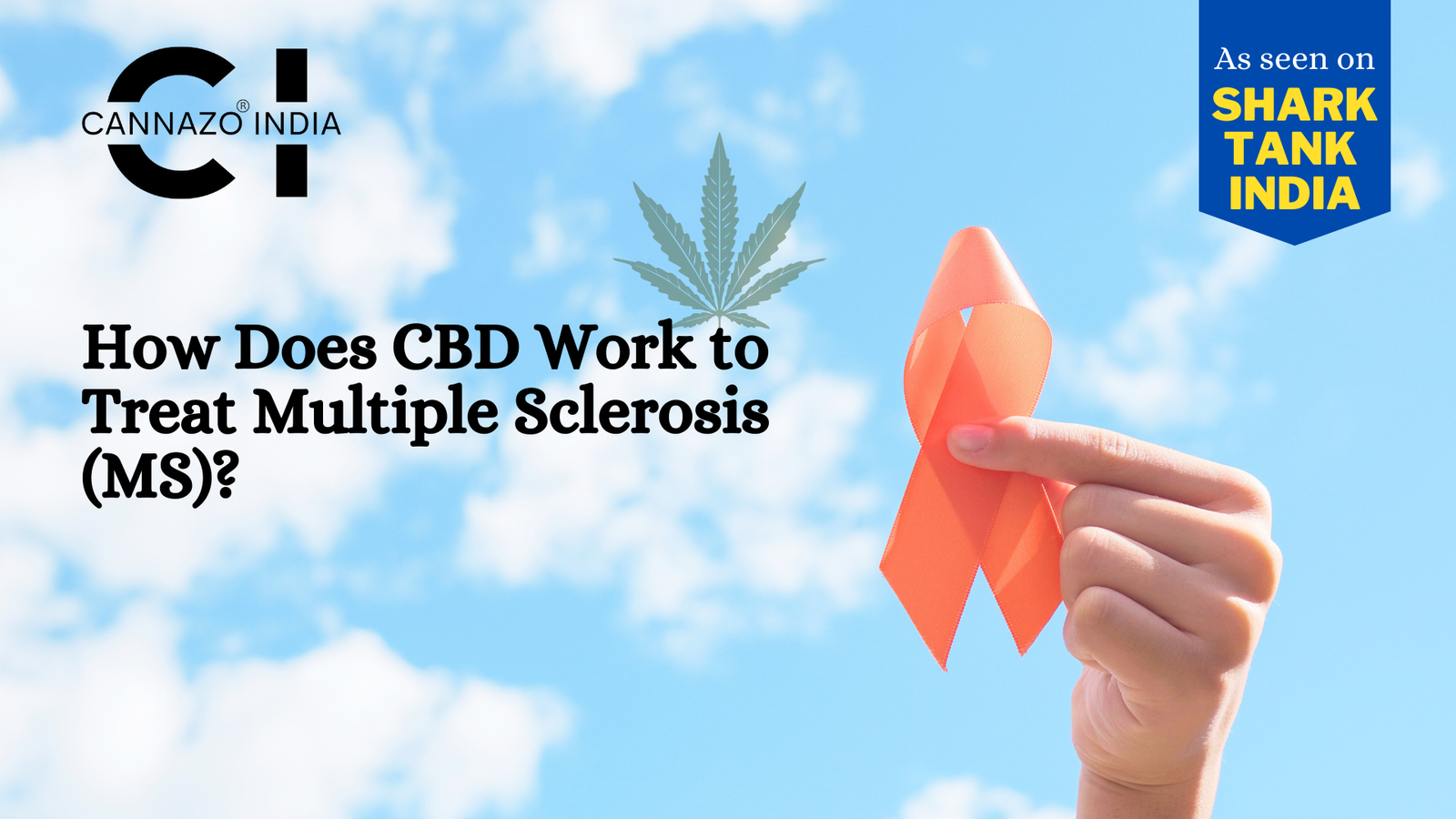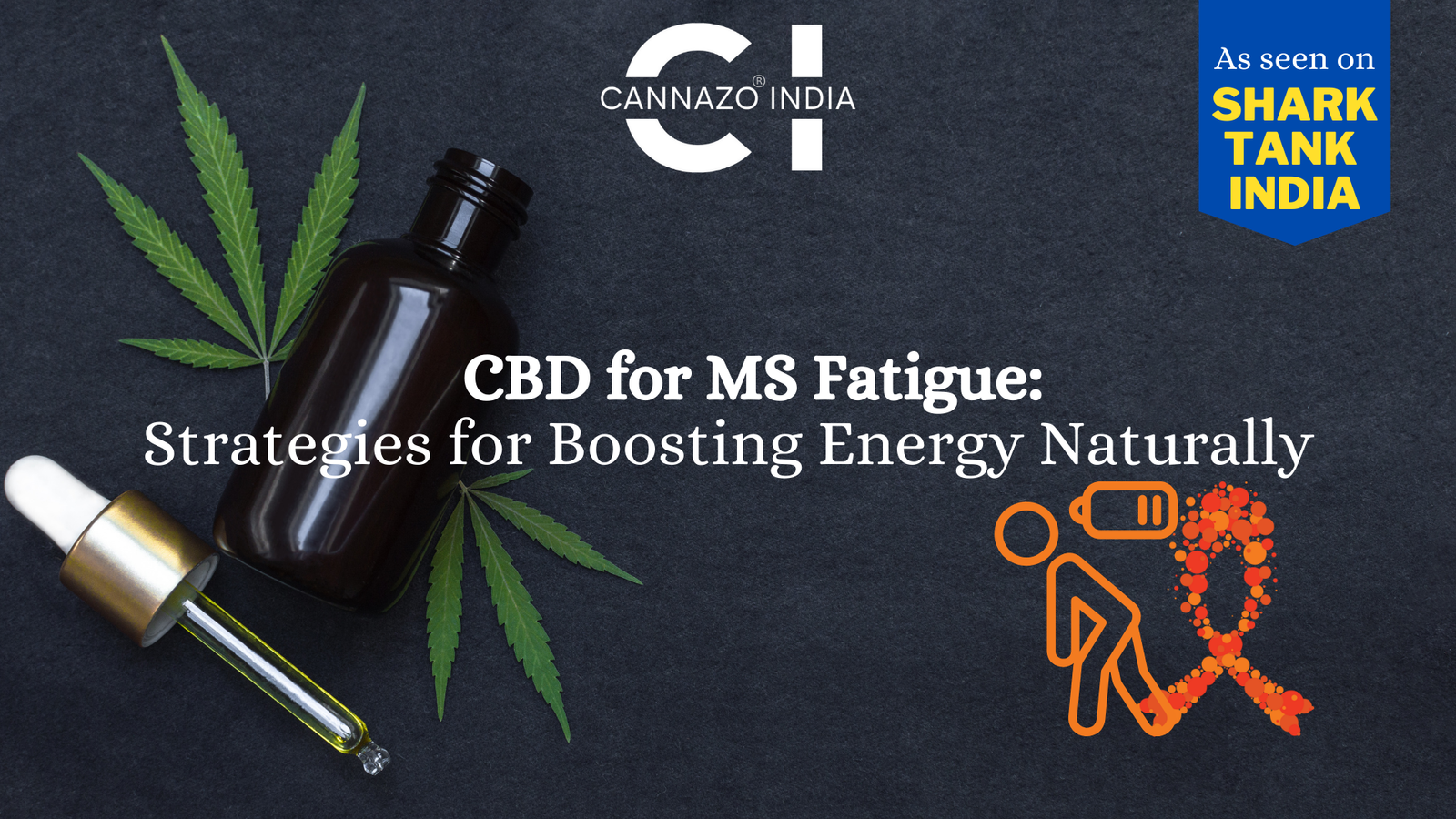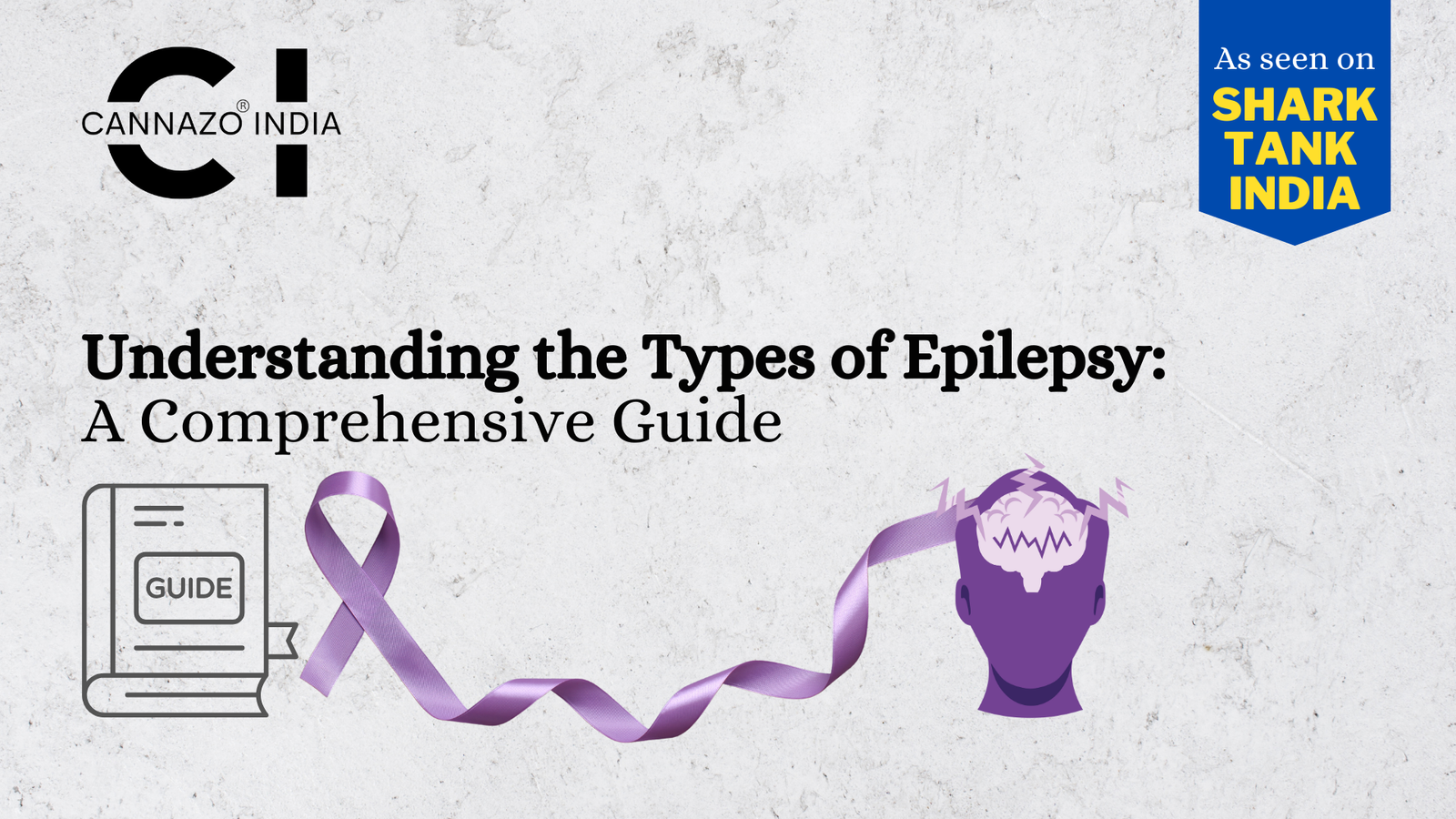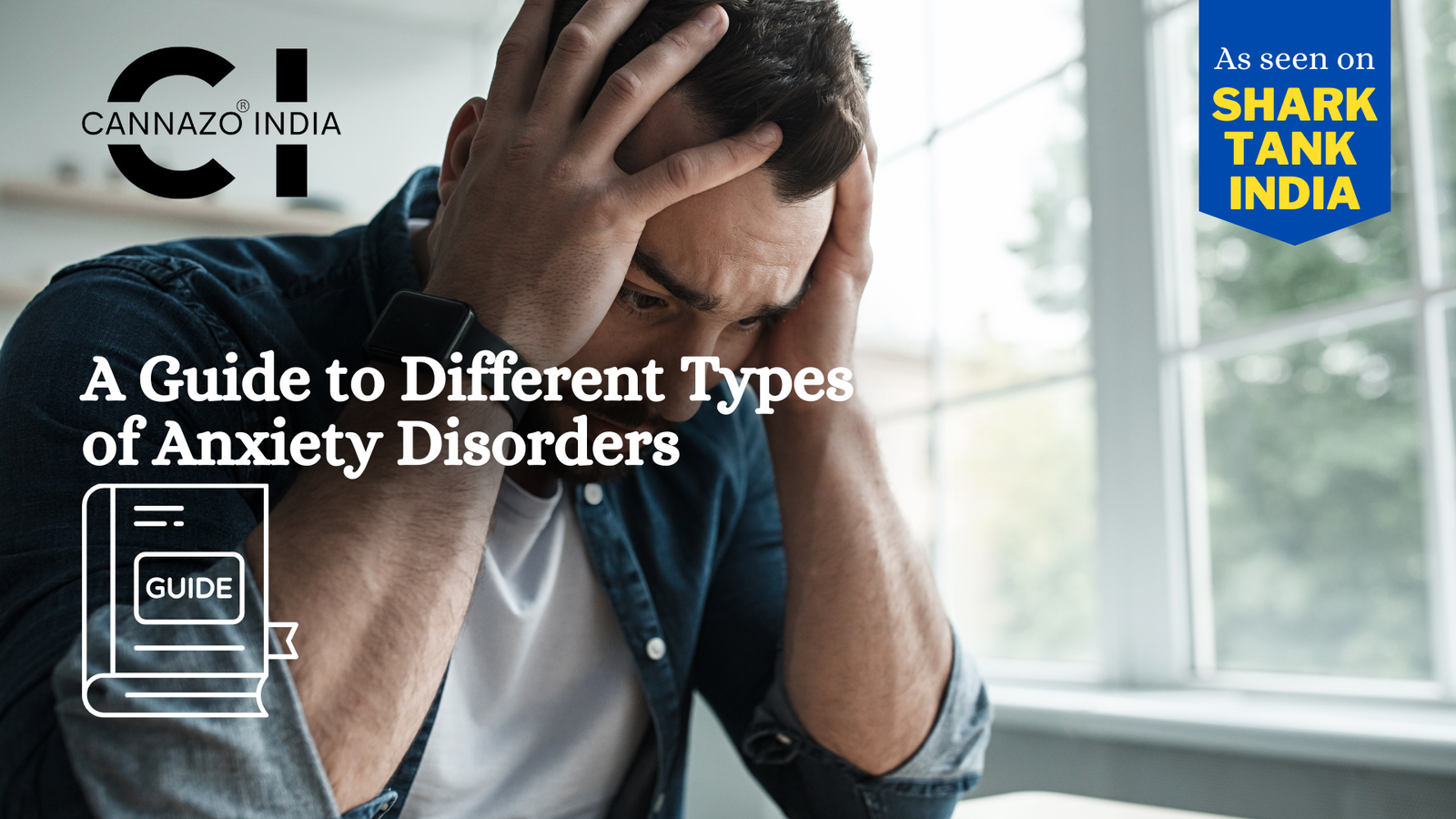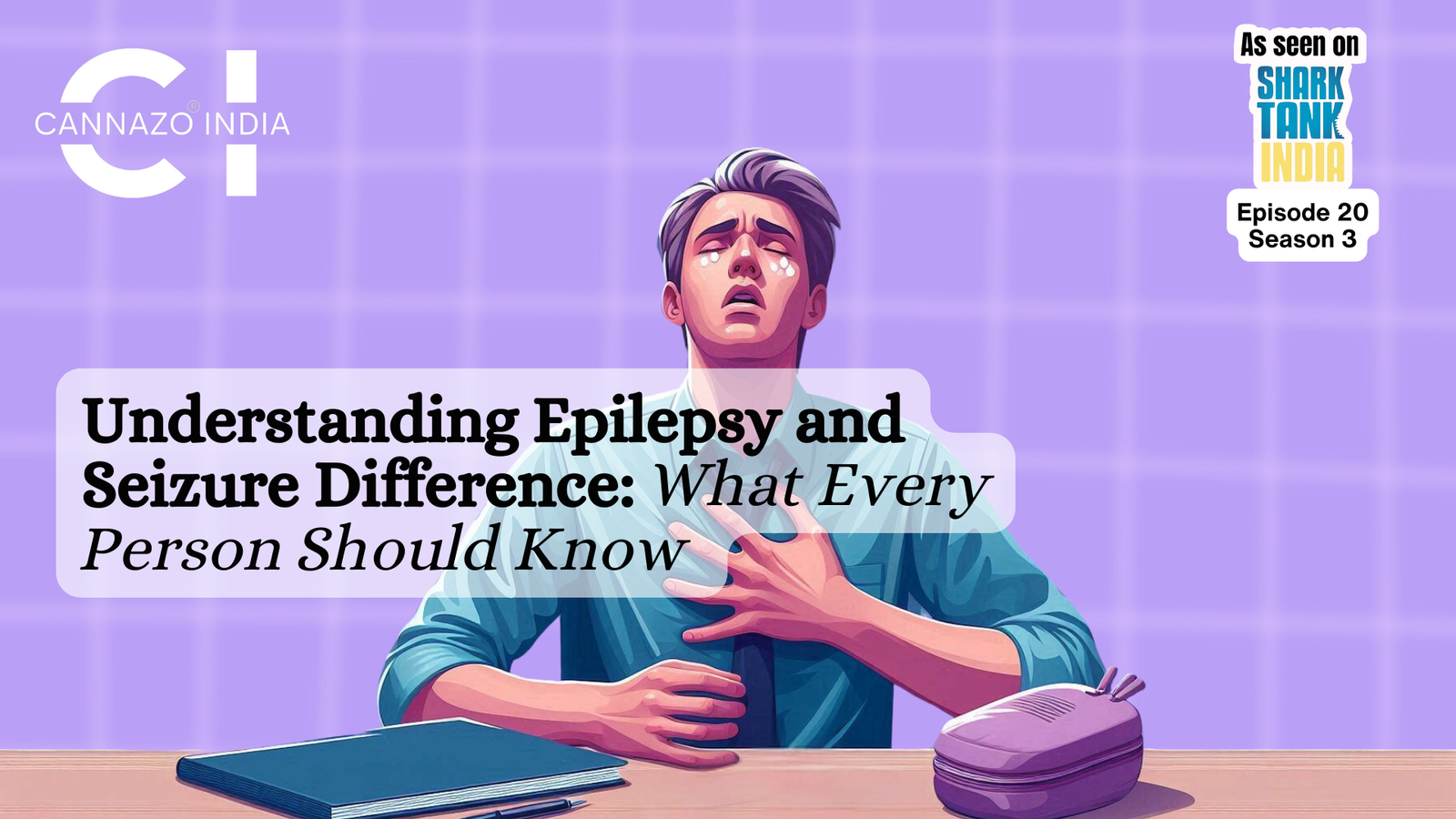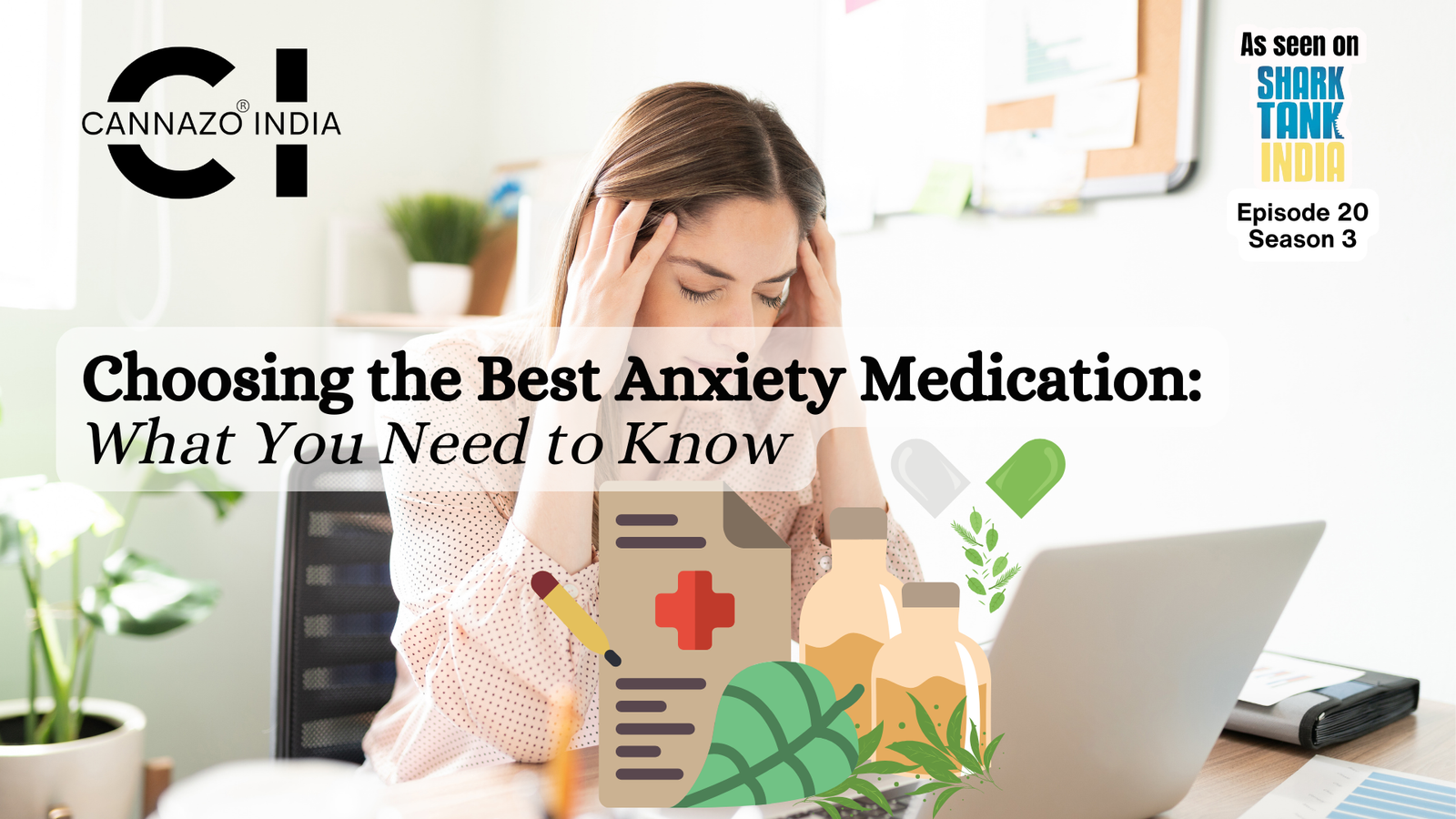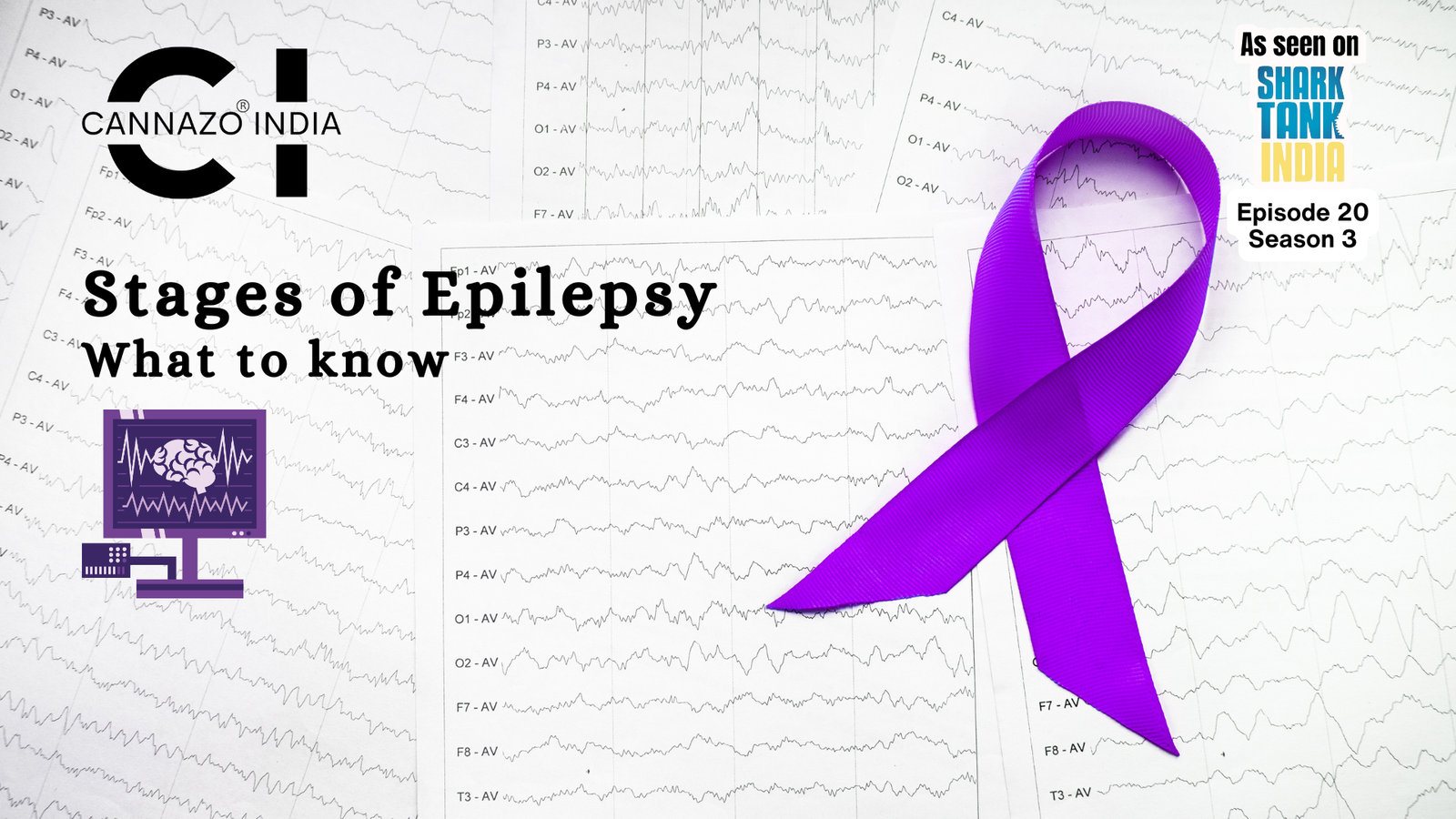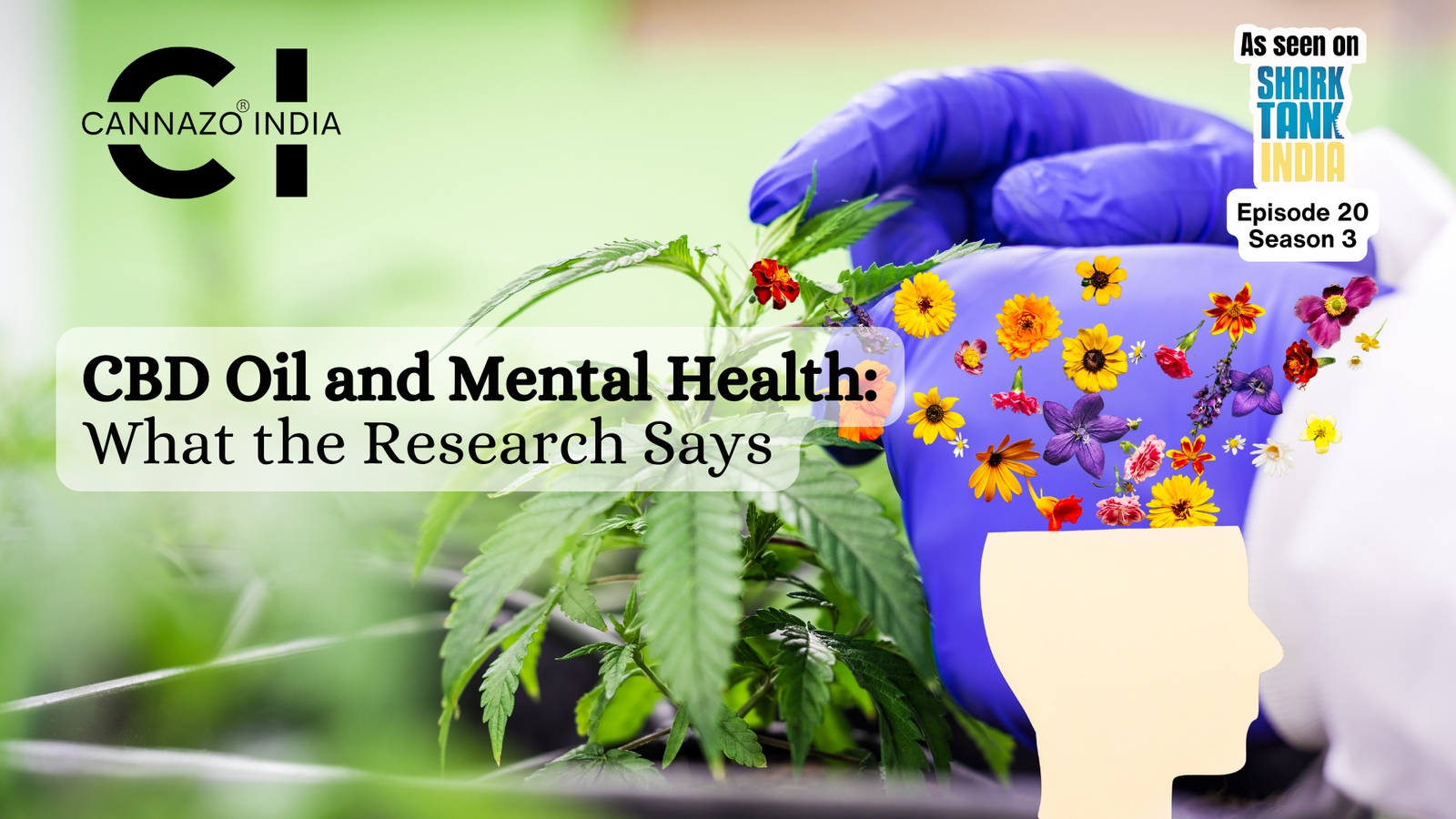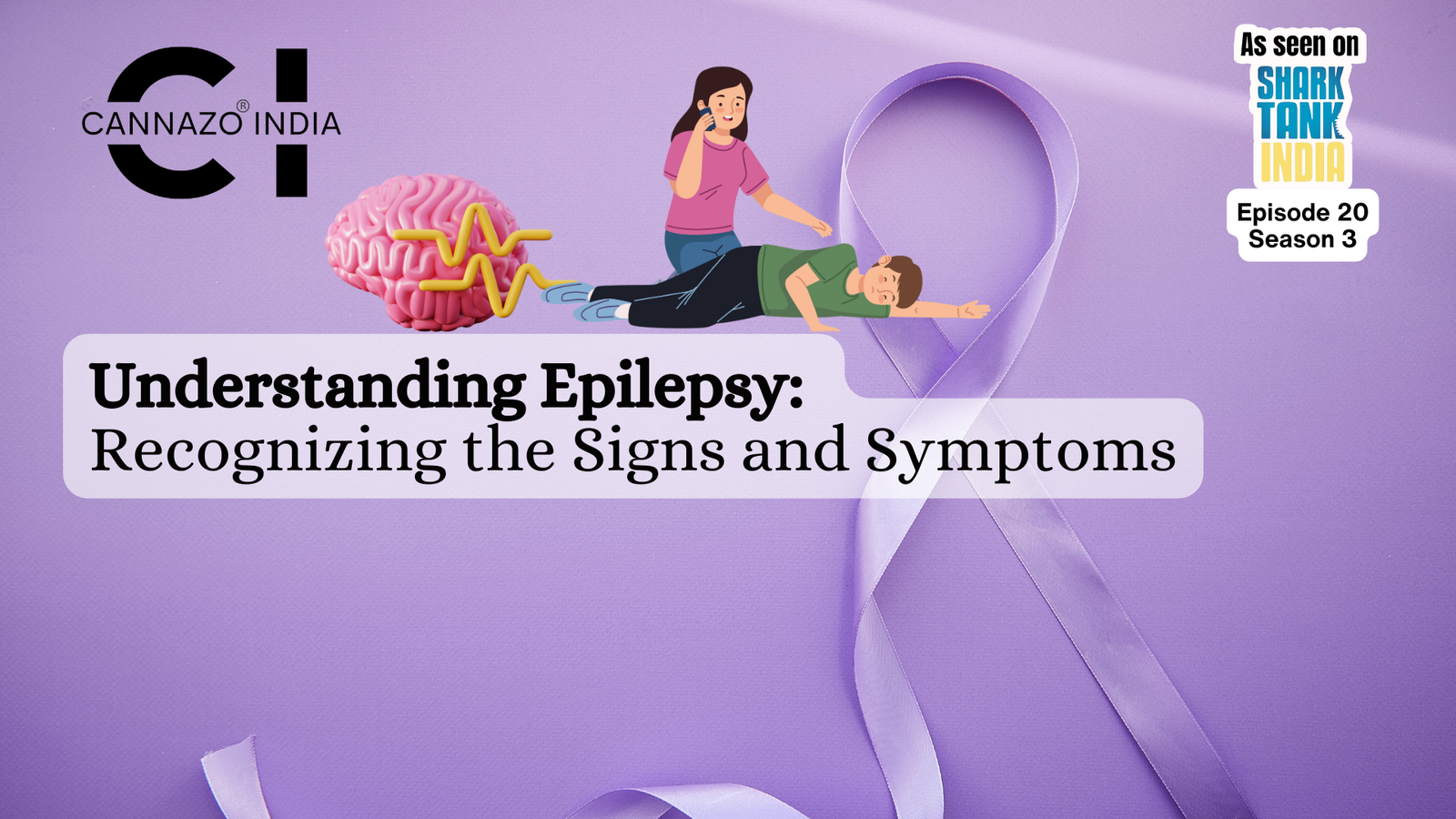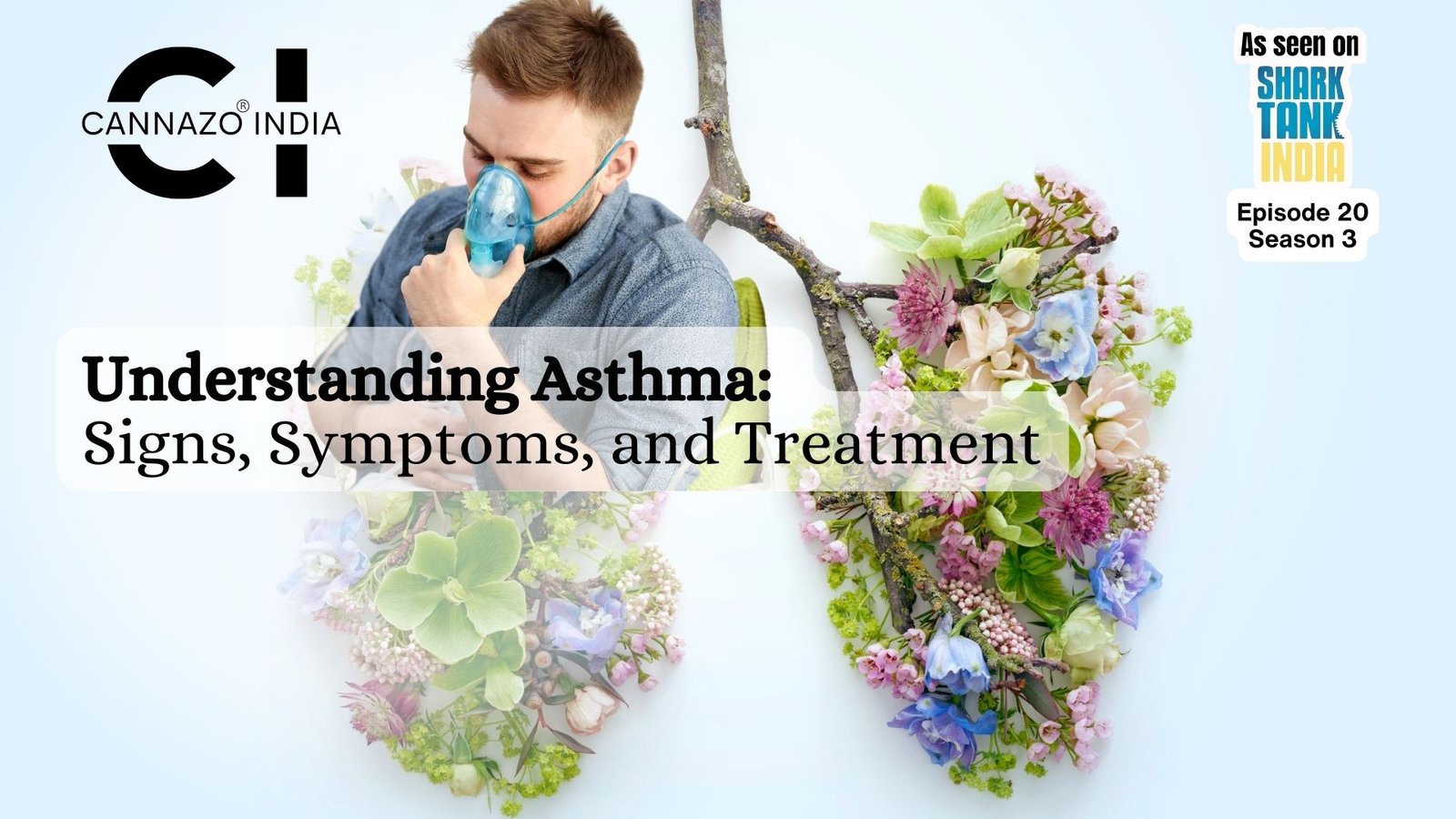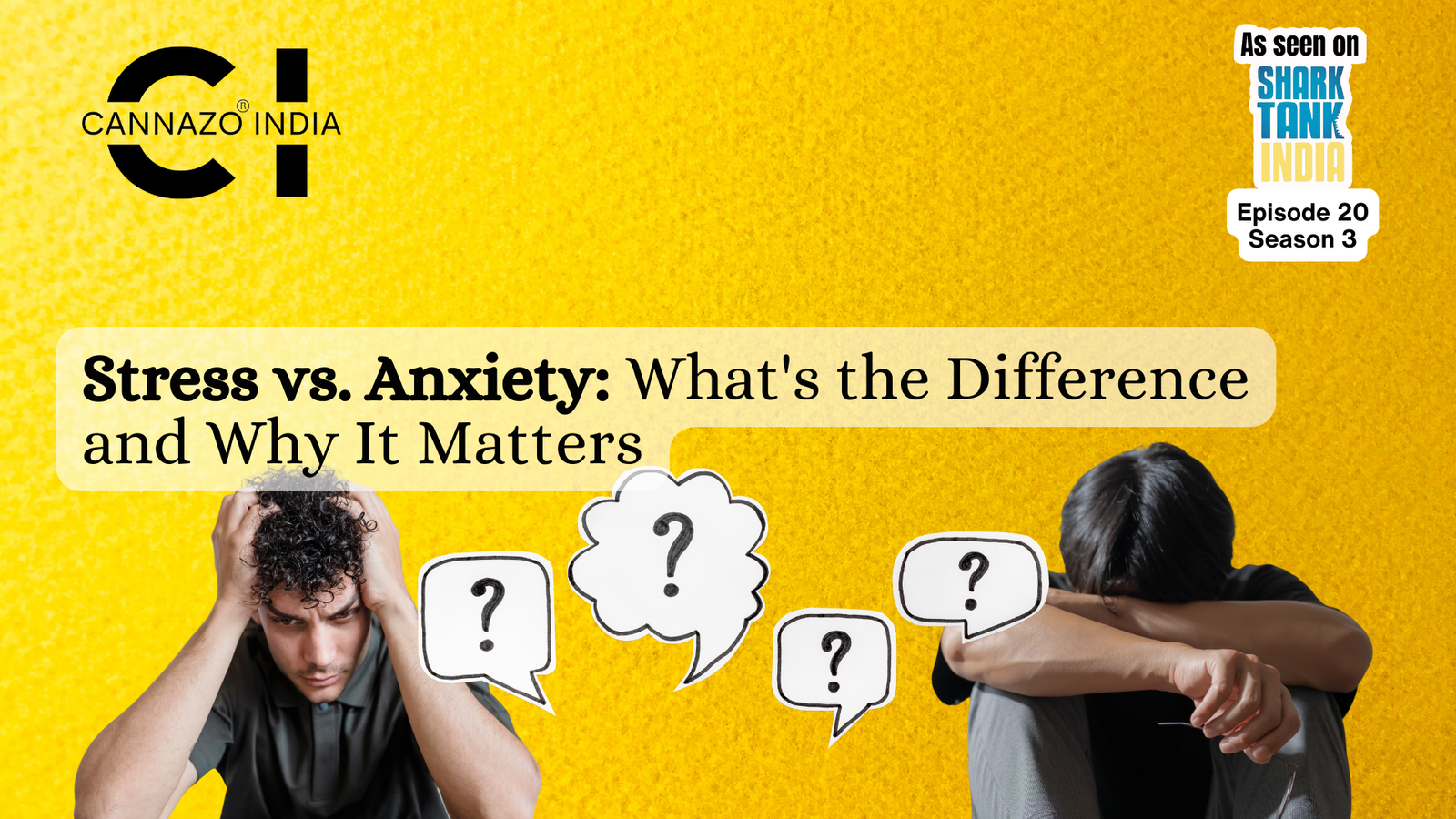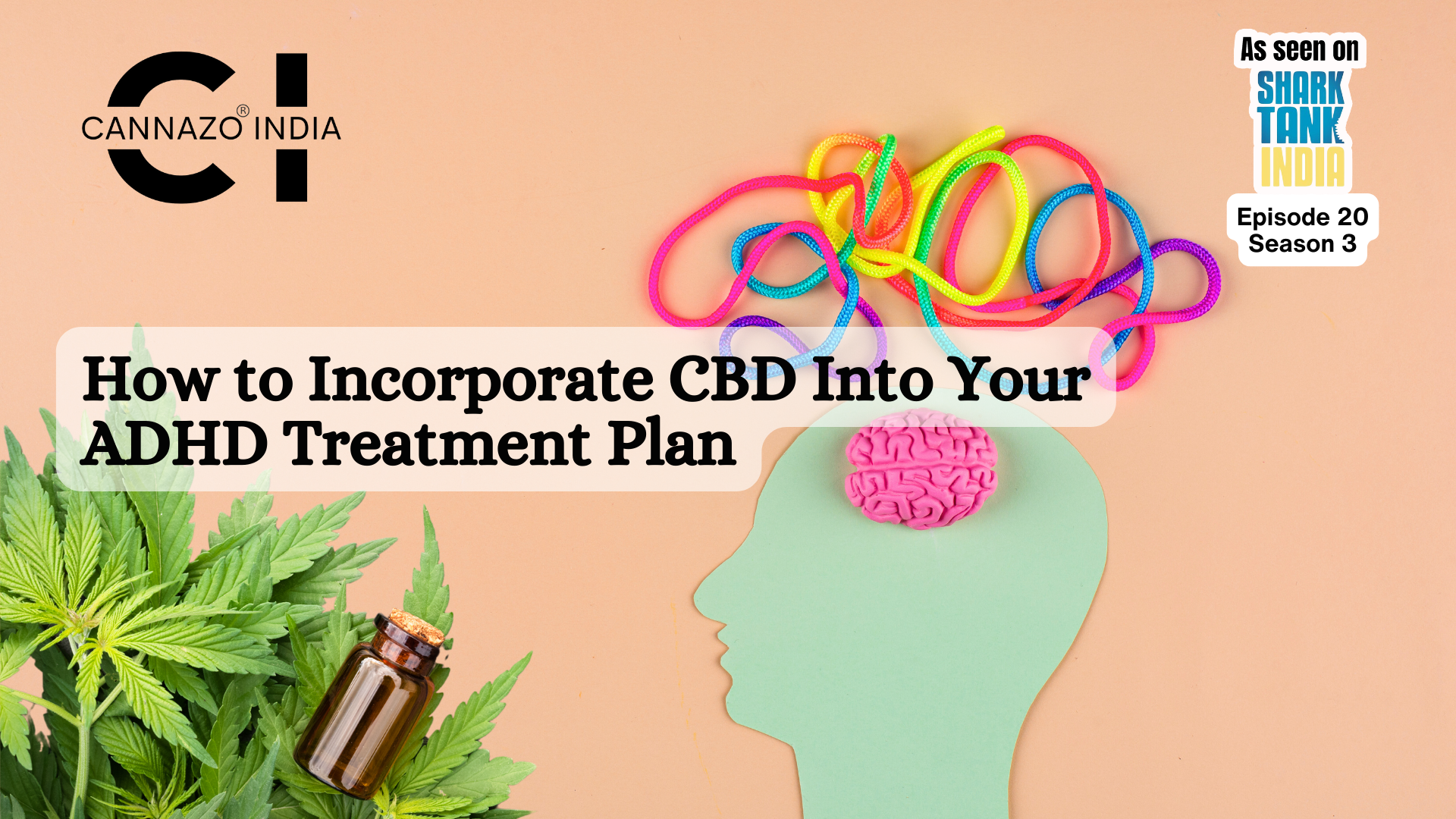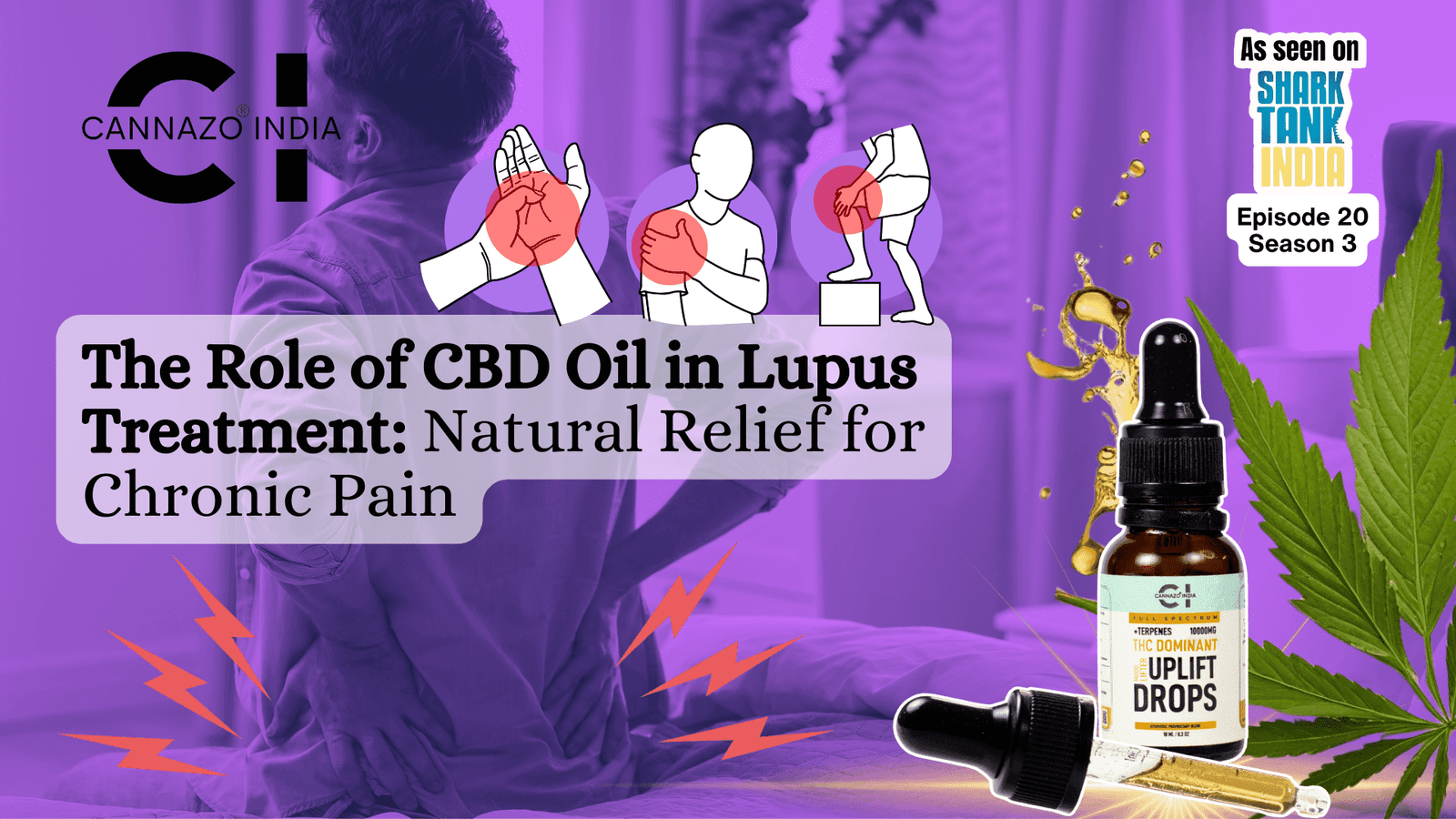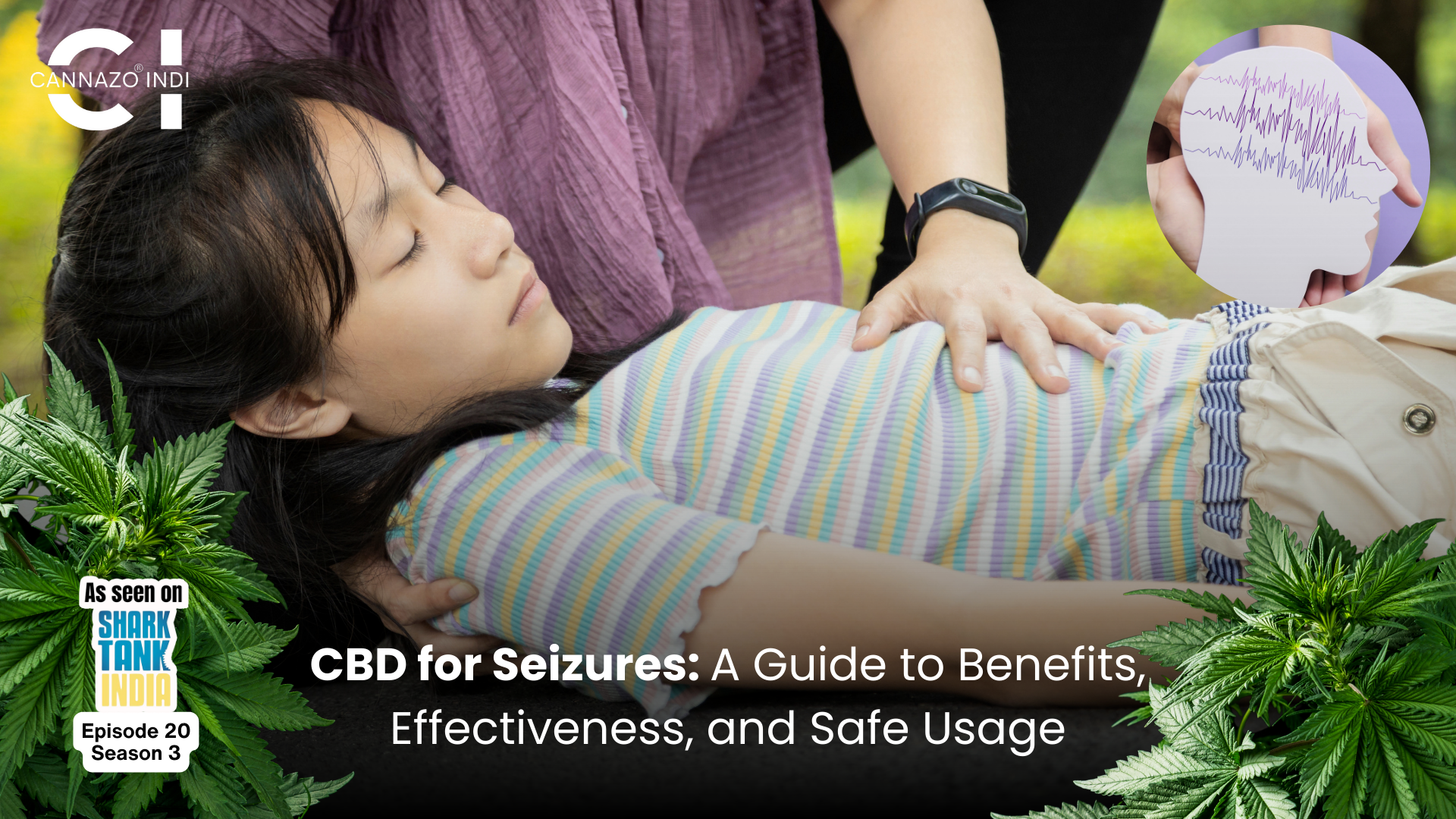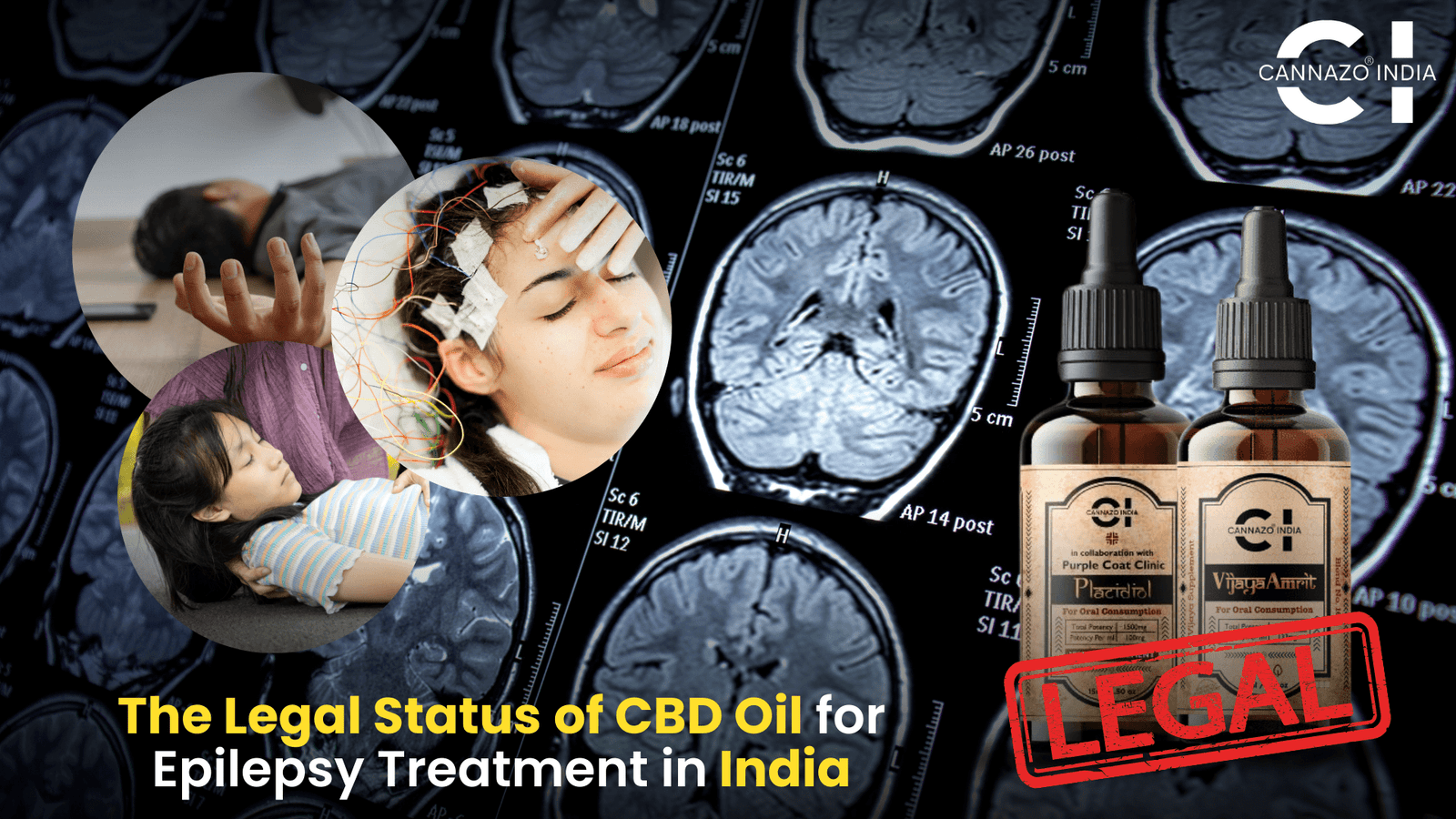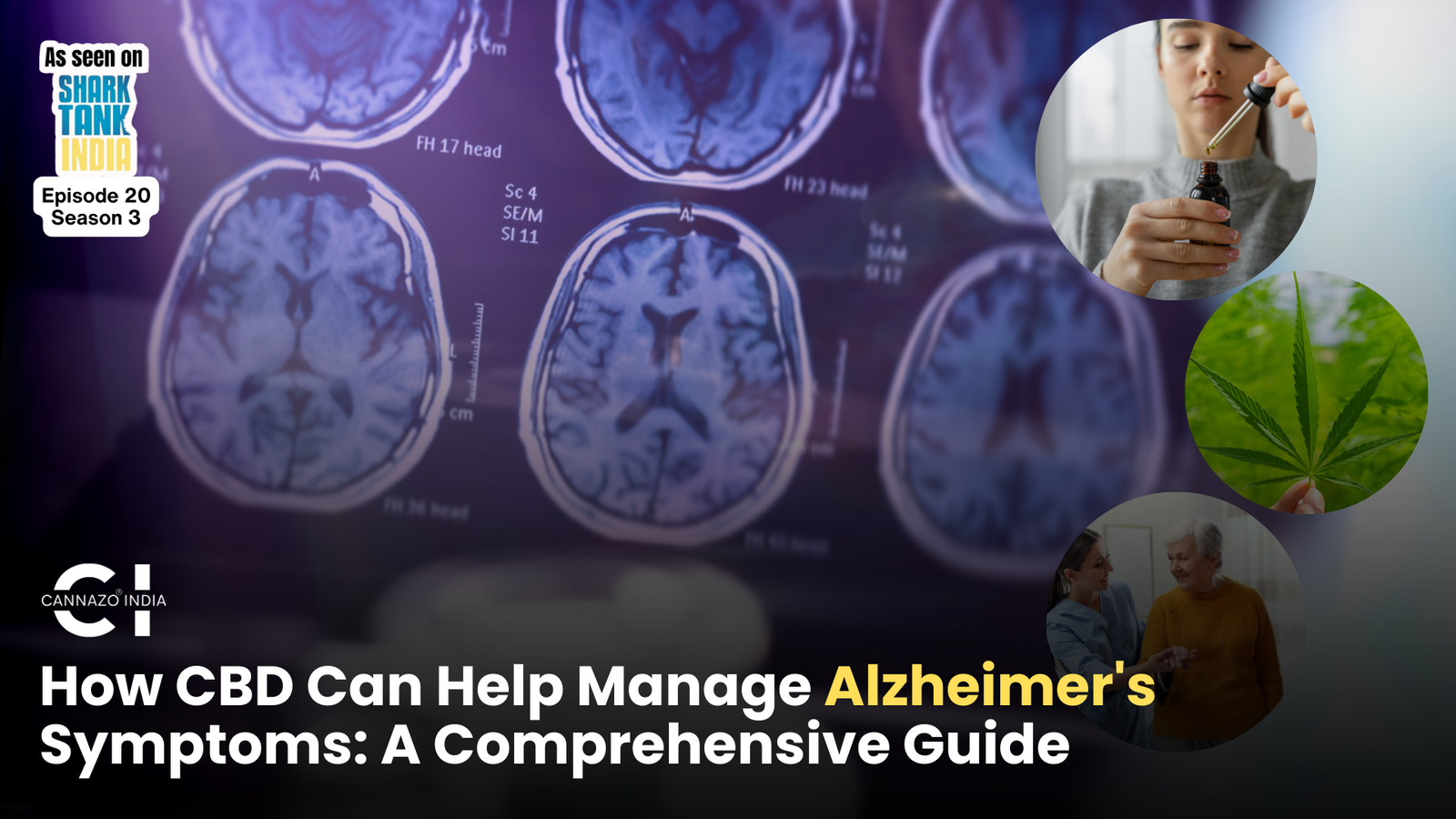Autism spectrum disorder (ASD) is a complex neurodevelopmental condition characterized by challenges in social interaction, communication, and repetitive behaviors. According to the Centers for Disease Control and Prevention (CDC), ASD affects approximately 1 in 54 children in the United States, with boys being four times more likely to be diagnosed than girls.
Parents of children with ASD often explore alternative therapies to improve their child’s quality of life. In recent years, there’s been a growing interest in using CBD oil to help manage symptoms associated with autism spectrum disorder (ASD).
What is CBD Oil?
CBD, or cannabidiol, is a compound derived from the cannabis plant. Unlike tetrahydrocannabinol (THC), CBD does not produce psychoactive effects or a “high.” Instead, it is believed to offer various therapeutic benefits without the intoxicating effects associated with THC. CBD interacts with the body’s endocannabinoid system, which plays a crucial role in regulating functions such as mood, pain sensation, and immune response.
CBD Oil Case Study
In a case study “Cannabidiol in Treatment of Autism Spectrum Disorder” by Lucy Ma, Sofia Platnick, and Howard Platnick, the efficacy of cannabidiol (CBD) in managing symptoms associated with autism spectrum disorder (ASD) was examined through the experience of a nine-year-old male patient.
Despite limited treatment options for ASD, the patient showed significant improvement in behaviors such as emotional outbursts and social deficits with the use of CBD oil containing low-dose tetrahydrocannabinol (THC). This study underscores the potential of CBD as a promising treatment for ASD, offering valuable insights for clinicians and researchers in the field.
Other studies
The study titled “Children and adolescents with ASD treated with CBD-rich cannabis exhibit significant improvements particularly in social symptoms: an open label study” by Micha Hacohen et al., which was published in Translational Psychiatry in 2022, explored the efficacy of CBD-rich cannabis treatment in children and adolescents with autism spectrum disorder (ASD).
The study aimed to provide empirical evidence using standardized clinical assessments, unlike previous studies that relied mainly on parental reports. Over six months of treatment, significant improvements in social communication abilities were observed, as measured by the Autism Diagnostic Observation Schedule (ADOS), Social Responsiveness Scale (SRS), and Vineland, particularly in participants with more severe initial symptoms. While improvements in restricted and repetitive behaviors (RRB) were noted through parent-reported SRS scores, no significant changes in cognitive scores were observed.
These findings suggested the potential of CBD-rich cannabis in improving social symptoms of ASD, highlighting the need for further double-blind placebo-controlled studies to validate these results.
Potential Benefits of CBD Oil for Autism:
While research on the use of CBD oil for autism is still in its early stages, there is growing evidence suggesting its potential therapeutic effects. Some studies have shown that CBD may help alleviate symptoms commonly associated with autism, such as anxiety, irritability, and sleep disturbances.
CBD Oil and Anxiety in Autism:
Anxiety is a prevalent co-occurring condition in individuals with autism, affecting up to 40% of children and adolescents with ASD. It can significantly impact daily functioning and quality of life. Preliminary research suggests that CBD may help reduce anxiety levels by interacting with serotonin receptors in the brain, which are involved in regulating mood and anxiety.
CBD Oil and Cognitive Skills in Autism:
Cognitive skills encompass various mental processes, including attention, memory, problem-solving, and decision-making, all of which play crucial roles in daily functioning and overall quality of life.
Several studies have explored the potential benefits of CBD oil on cognitive function in individuals with autism, albeit with mixed results. Some research suggests that CBD may have neuroprotective properties and could help improve cognitive function by reducing inflammation, promoting neuroplasticity, and enhancing neurotransmitter function in the brain. By protecting brain cells from damage and promoting the formation of new neural connections, CBD may improve cognitive abilities such as attention, memory, and problem-solving.
Additionally, CBD’s anxiolytic and calming effects may indirectly support cognitive performance by reducing stress and anxiety levels, which can impair cognitive function in individuals with ASD.
CBD Oil and Sleep Disturbances in Autism:
Sleep problems are another common issue among individuals with autism, affecting up to 80% of children with ASD. Both falling asleep and staying asleep can be challenging for individuals with autism, leading to daytime fatigue and behavioral difficulties.
CBD oil has been studied for its potential role in improving sleep quality and duration. Some research suggests that CBD may help regulate the sleep-wake cycle by influencing neurotransmitters involved in sleep regulation.
CBD Oil and Irritability/Aggression in Autism:
Irritability and aggression are challenging behaviors that can impact the well-being of individuals with autism and their families. Up to 30% of children and adolescents with ASD exhibit aggressive behaviors, posing significant challenges for caregivers and educators.
While behavioral interventions are often recommended as a first-line approach, some parents explore CBD oil as a complementary therapy. CBD’s anti-inflammatory and neuroprotective properties may help regulate neurotransmitter activity in the brain, reducing irritability and aggression. By modulating neurotransmitter systems involved in mood regulation, CBD may help stabilize emotions and reduce outbursts in individuals with autism.
Tips and Advice for Parents:
1. Research: Learn about CBD and its potential benefits for autism.
2. Consult: Talk to healthcare professionals who are knowledgeable about CBD and autism.
3. Set Goals: Clearly communicate your treatment objectives.
4. Consider Risks and Benefits: Discuss the pros and cons with your healthcare provider.
5. Explore Options: Look into other evidence-based therapies alongside CBD.
6. Follow Guidance: Adhere to recommended dosages and monitoring protocols.
7. Monitor: Keep track of your child’s progress and report any changes.
8. Be Patient: Results may take time, so stay patient and flexible.
9. Advocate: Advocate for your child’s needs and be proactive in their care.
10. Seek Support: Connect with other parents and resources for guidance and encouragement.
The use of CBD oil for autism holds promise as a potential therapeutic intervention. Parents should approach with caution, seek guidance from healthcare professionals, and prioritize high-quality products. By staying informed and actively involved in their child’s care, parents can make empowered decisions that support their child’s health and well-being.
References:
Ma, L., Platnick, S., & Platnick, H. (2022). Cannabidiol in Treatment of Autism Spectrum Disorder: A Case Study. Cureus, 14(8), e28442. https://doi.org/10.7759/cureus.28442
Hacohen, M., Stolar, O.E., Berkovitch, M. et al. Children and adolescents with ASD treated with CBD-rich cannabis exhibit significant improvements particularly in social symptoms: an open label study. Transl Psychiatry 12, 375 (2022). https://doi.org/10.1038/s41398-022-02104-8














